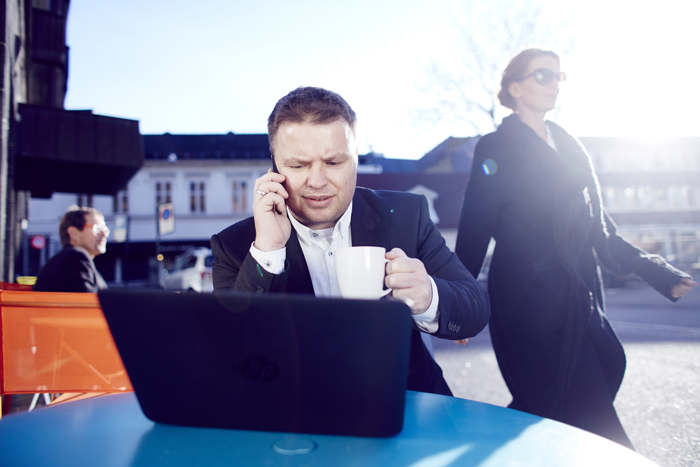Posted workers from countries in the EU/EEA or Switzerland in Norway
If you are going to work temporarily in Norway, you need to bring an A1 certificate and an S1 certificate.

Illustration: Morten Rakke / Helfo
Before you travel to Norway
Are you from an EU/EEA country or Switzerland and have an employer in your home country who sends you to Norway to work? Then you need to bring two documents from your home country: an A1 certificate and an S1 certificate.
Contact the social security authorities in your home country to get an A1 certificate and an S1 certificate.
- The A1 certificate documents your national insurance membership in your home country and that you should not pay a social security contribution to Norway.
- The S1 certificate documents your right to be covered for healthcare services in Norway.
In many cases, you will receive the documents on paper, which you must submit to the social security authorities in Norway. In other cases, the social security authorities in your home country will send the documents digitally to the social security authorities in Norway.
Example
Lech from Poland is employed by a firm in his home country. He is going to work in Norway for this firm for a period. Before he travels, he makes sure he has an A1 certificate and an S1 certificate .
When you arrive in Norway
If you have the documents on paper, you must send the proper documentation to the proper recipient in Norway.
Send the S1 certificate to Helfo, Postboks 2415, 3104 Tønsberg.
Send the A1 certificate to Nav. Find contact information at nav.no.
Example
Lech has received the documents on paper. He sends the S1 certificate to Helfo and the A1 certificate to Nav.
Your rights
The certificate S1 documents that you have the right to necessary healthcare services within the public healthcare system in Norway.
As a general rule, you will have the same rights as other residents of Norway.
Find information about how the health service works in Norway.
If you have family members you support, they may have the same rights as you.
If your family member has been issued an S1 certificate, this document must be sent to Helfo.
If your family member does not have an S1 certificate, you can contact Guidance Helsenorge at 23 32 70 00.
Example
Lech needs to visit a doctor. He finds information on helsenorge.no about what he is entitled to and what he should do.